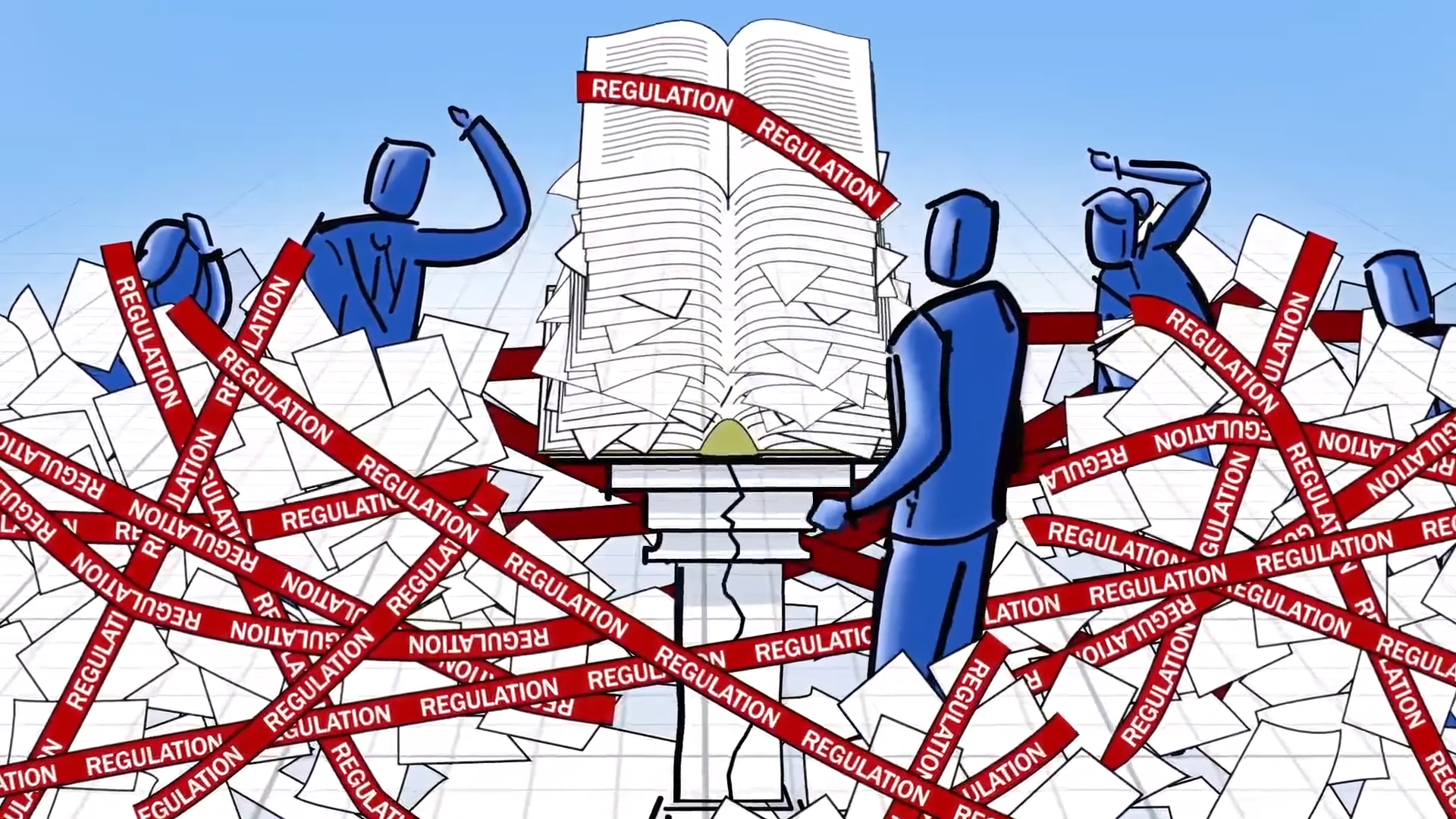RIO DE JANEIRO, BRAZIL – The violent protests in the country neighboring Brazil, which is experiencing severe social unrest in recent days, were triggered by a tax reform proposed by Ivan Duque’s government
Colombia is entering its second week of strong popular protests called over a tax reform bill presented by President Ivan Duque’s government. The popular uprising, which has so far resulted in 19 deaths, more than 800 injured, and the resignation of Finance Minister Alberto Carrasquilla, opposes a bill aimed at changing the Colombian tax system in order to increase the country’s tax revenues.

In Brazil, a tax reform bill is also being debated, and pm Tuesday, May 4, took another step in the National Congress with the presentation of the report in the committee analyzing the issue. In Brazil, the focus so far is on simplifying taxes that fall on consumption.
The reform bills in the two countries have essential differences and change the national tax system in different ways.
In Colombia, the bill presented to Congress on April 15 aims to raise taxes to finance the government’s public spending by increasing the tax base for income tax, basic services and value-added tax (VAT).
Duque’s government intended to raise about US$6.3 billion between 2022 and 2031. To this end, the bill provided for the expansion of the taxpayer base by reducing the income tax exemption ceiling. In the new bill, anyone earning more than US$656 per month would lose the exemption, which today has a monthly income limit of US$1,000. In the country, the minimum wage is US$248.
The reform also creates a tax on wealthy individuals when their net assets exceed US$1.3 million, and increases indirect taxes on items such as gasoline and on basic services in upper middle-class areas.
Faced with the uproar triggered by the bill, which was considered burdensome for the middle class and rejected by trade unions and other sectors of society, the Colombian president withdrew the bill and is now considering presenting a new one that focuses on temporarily taxing companies and higher social classes.
The reform under debate in the Brazilian Congress, on the other hand, has as its main goal the simplification of taxes on consumption.
The report read on Tuesday in the parliamentary committee analyzing the issue proposes to extinguish 5 taxes on consumption. Three are federal: PIS, Cofins and the Tax on Industrialized Products (IPI); on is a value-added state tax on the Circulation of Goods and Services (ICMS) and one is municipal, the Tax on Services (ISS). The plan is to introduce in two phases a single tax, the Tax on Goods and Services (IBS), to replace the other five, and complemented by a selective tax.
The tax rates have not yet been defined, but legislators have not discussed the increase or reduction of tax revenue, only the simplification and correction of some distortions found in the taxation of the production chain, trade, and services. The proposal will still be subject to suggestions from legislators and must follow a considerable path before it is passed.
In the reform discussed in Brazil, one of the main points addressed by the rapporteur, deputy Aguinaldo Ribeiro (PP-PB), is the non-cumulative nature of taxes along the production chain. The bill seeks to ensure that all stages have deducted from the tax due to what has already been collected in earlier stages of the chain, with taxation only on the added value.
Tax increase: United States and Colombia
President Biden’s administration in the United States recently announced a bill that also raises government revenues, in the wake of the announcement of his US$1.8 trillion investment package that has education as its main focus.
However, in the U.S., the proposal to change taxes to finance government investments will fall only on the wealthiest. The Democrat wants to double taxes on capital gains, to 39.6%, for people who earn more than US$1 million a year. In practice, the measure should affect only 0.3% of U.S. taxpayers.
In Colombia, the increases, despite being focused on the upper classes, would also affect the middle class and would fall on a much larger portion of the population. Despite the government’s pledge to increase investment in social programs with the new collection, Duque faces much more popular resistance to make the change.

